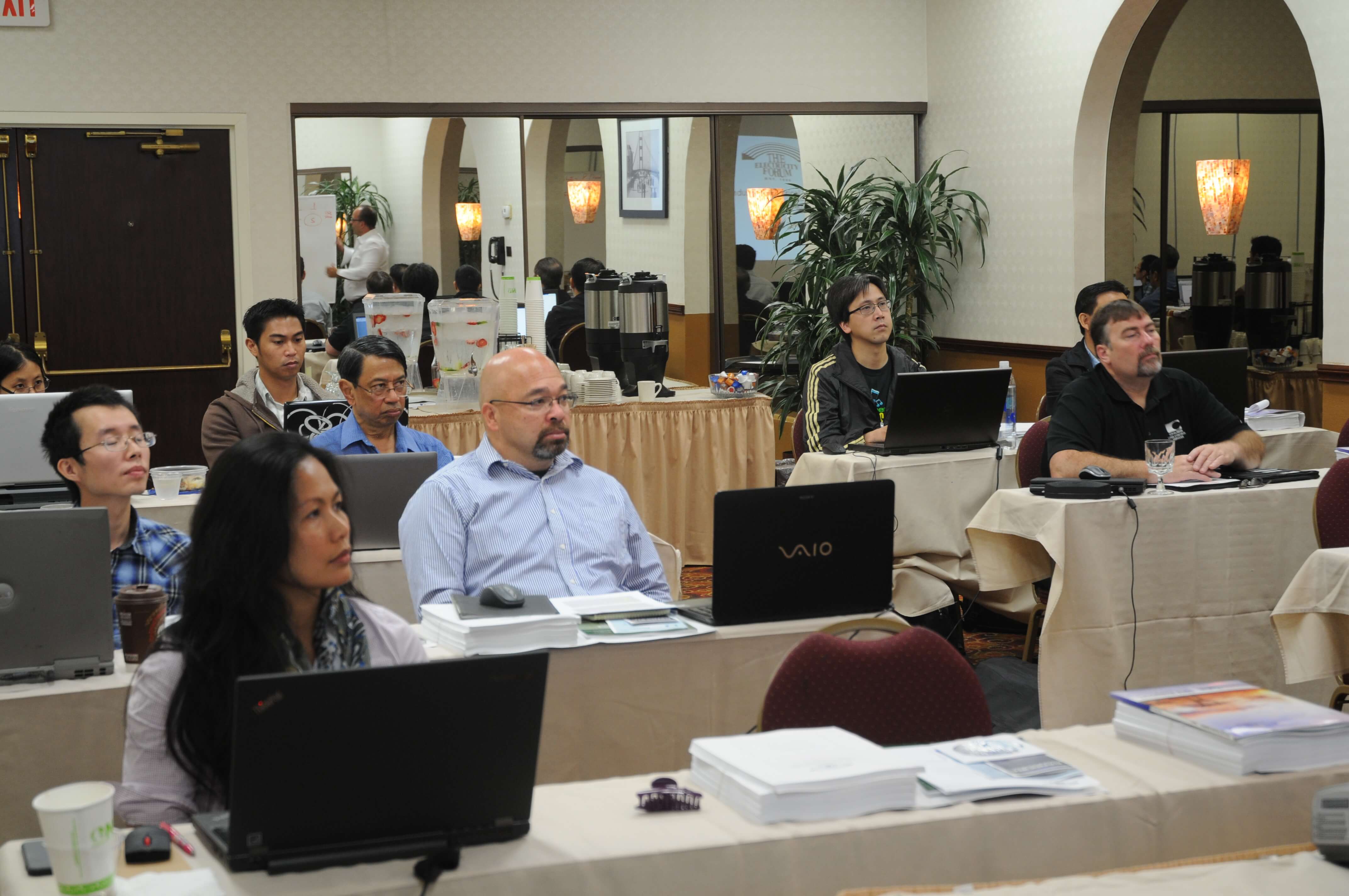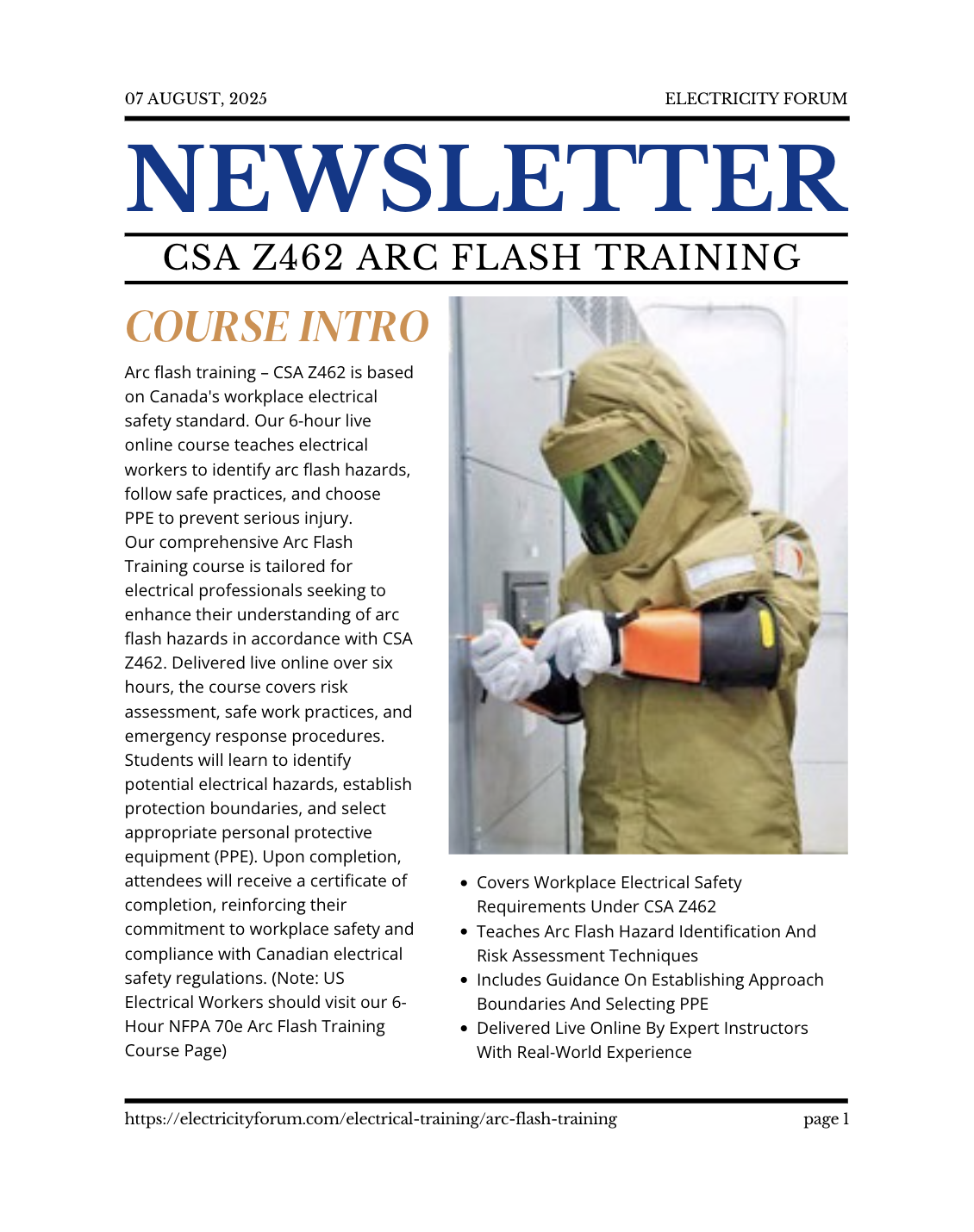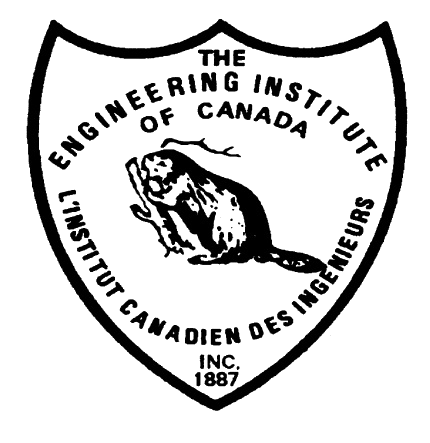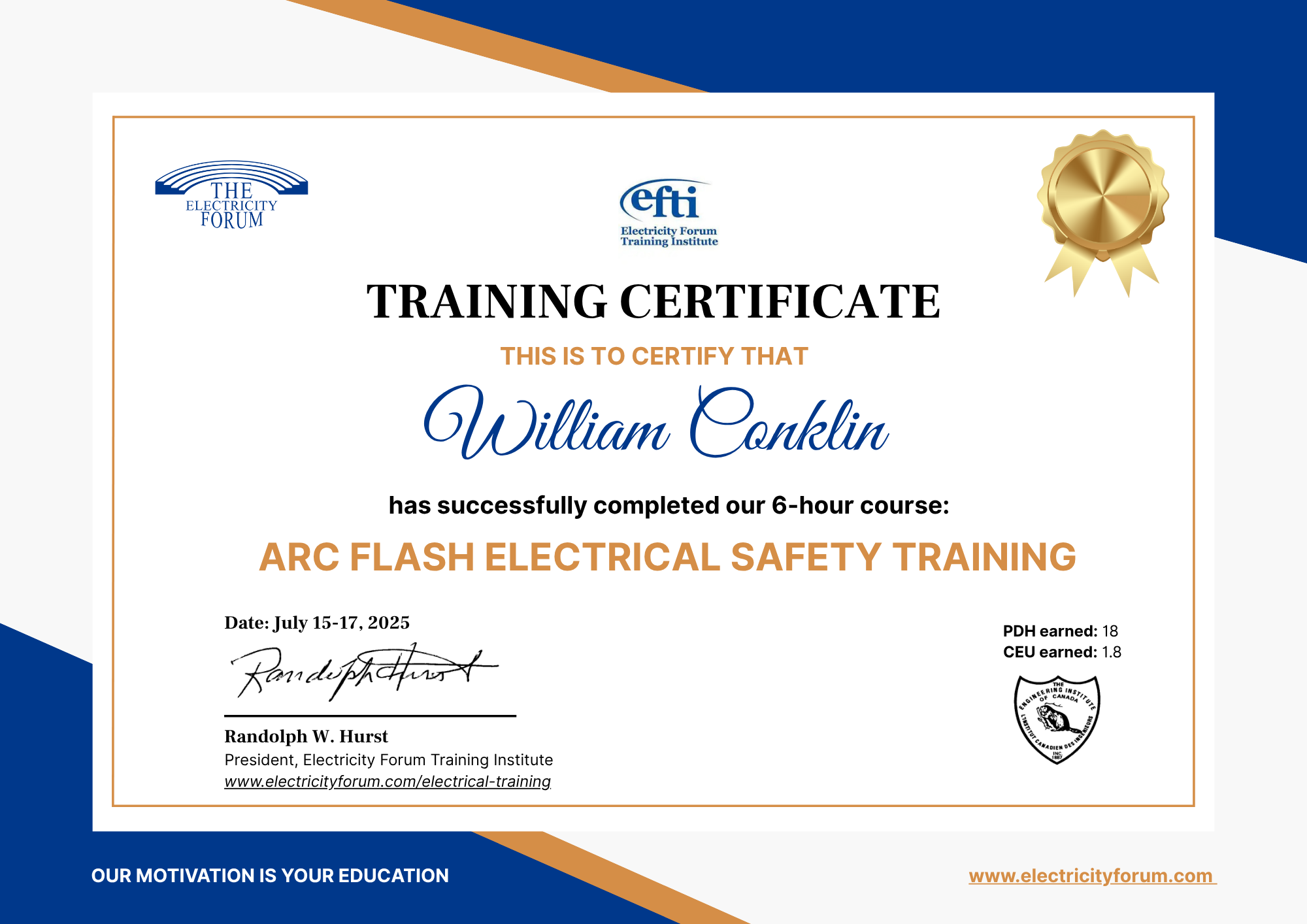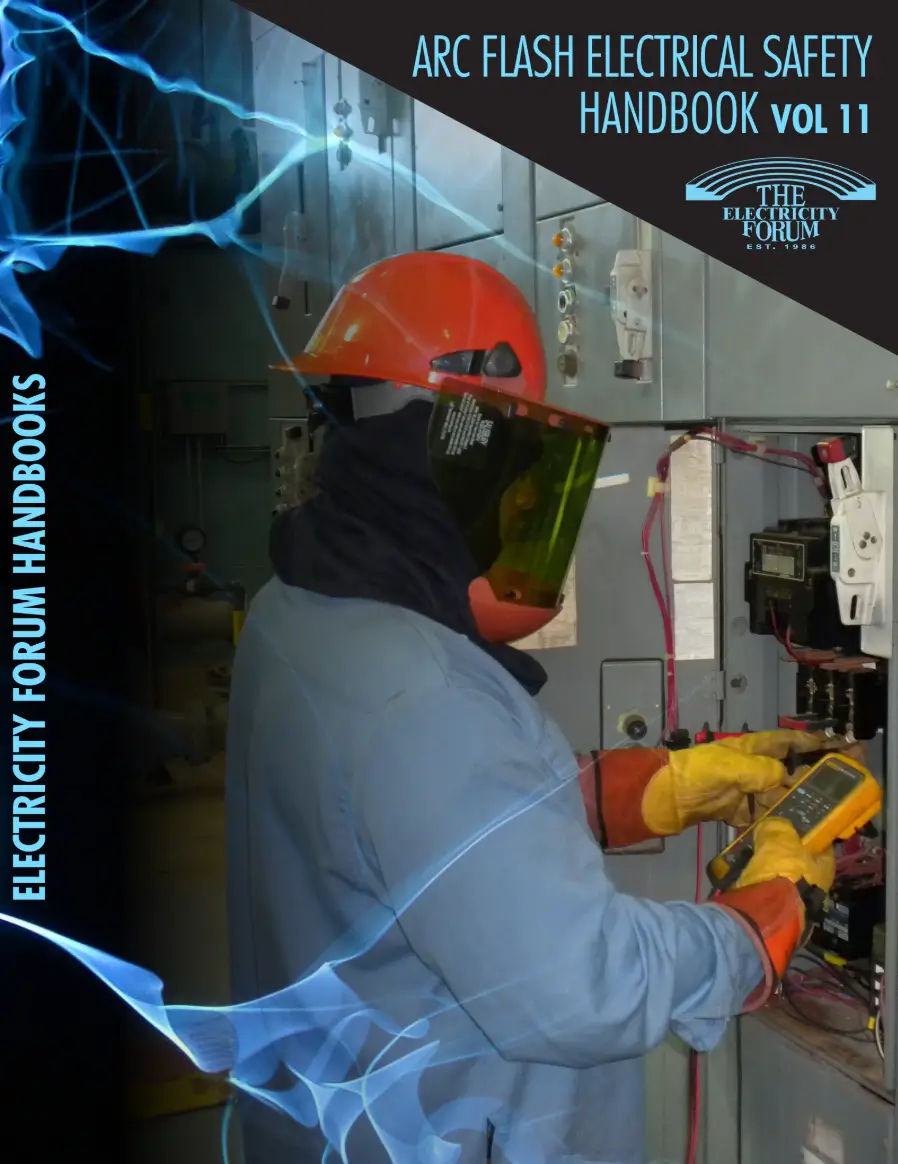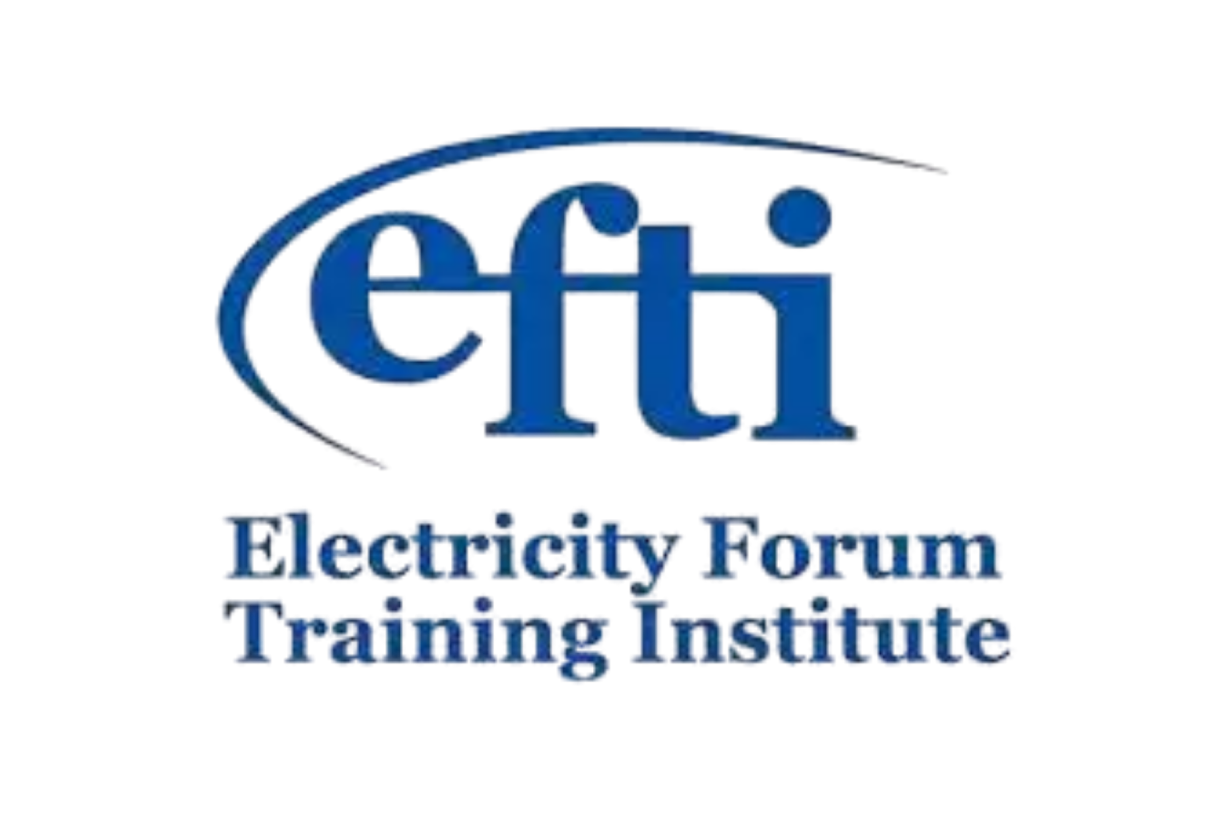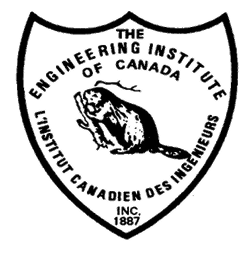Electric Motor Testing Training
DAY ONE
Basic AC Motor Theory
- electromagnetic theory
- Basic AC motor construction
- Various types of motors
Types of Electric Motors
- This will provide an overview of the different types of motors available today including Squirrel Cage Induction Motors, Synchronous Motors and Wound Rotor Induction Motors.
- The advantages of each type of motor and the performance that motor has will be discussed.
- The effects of Voltage and Frequency variations will also be discussed to show the impact each has on the motor performance.
- Speed and Torque Characteristics for each motor type will be reviewed.
Offline Static Electric Motor Testing
- Common Off Line Electrical PdM Motor Tests
- Winding Resistance
- Capacitance
- Insulation Resistance
- Polarization Index/Dielectric Absoption
- AC HiPot
- DC HiPot
- VLF HiPot
- Winding Inductance and Impedance
- Surge/Impulse
- Partial Discharge
- Core Loss
Static Motor Testing
- Insulation systems
- Failure mechanisms
- Testing methods and pass/fail criteria
- Recommended test voltages
- Test sequence overview
Static High Voltage Electric Motor Testing
- Insulation systems
- Failure modes and mechanisms
- Test methods
- ANSI/IEEE/EASA/NEMA testing standards
- Recommended test voltages/sequencing
- Analysis of results
DAY TWO
Dynamic Testing
- On- Line Electrical Motor Monitoring and System Analysis
- Common On-Line Electrical PdM Motor Tests
- Power Analysis
- Voltage Transients
- Shaft Grounding Voltage & Current
- Torque Analysis
- Current Signature Analysis
Dynamic Electric Motor Monitoring
- Machine System Overview
- Properly connecting the Explorer
- Obtaining quality data
- Power, motor, load assessment
- Miscellaneous Explorer tools
Predictive Testing
Electric Motor Testing Software
- Creating databases, motors and test IDs
- Data collection parameters
- Establishing and understanding pass/fail criteria
- Data interpretation
Non-Three Phase Electric Motor Testing
- DC motor testing
- Synchronous motor testing
- Wound rotor motors
- Non-rotating equipment
Review of expectations
Questions and Answers
COURSE SCHEDULE:
Both days:
Start: 10 a.m. Eastern Time
Finish: 4:30 p.m. Eastern Time






